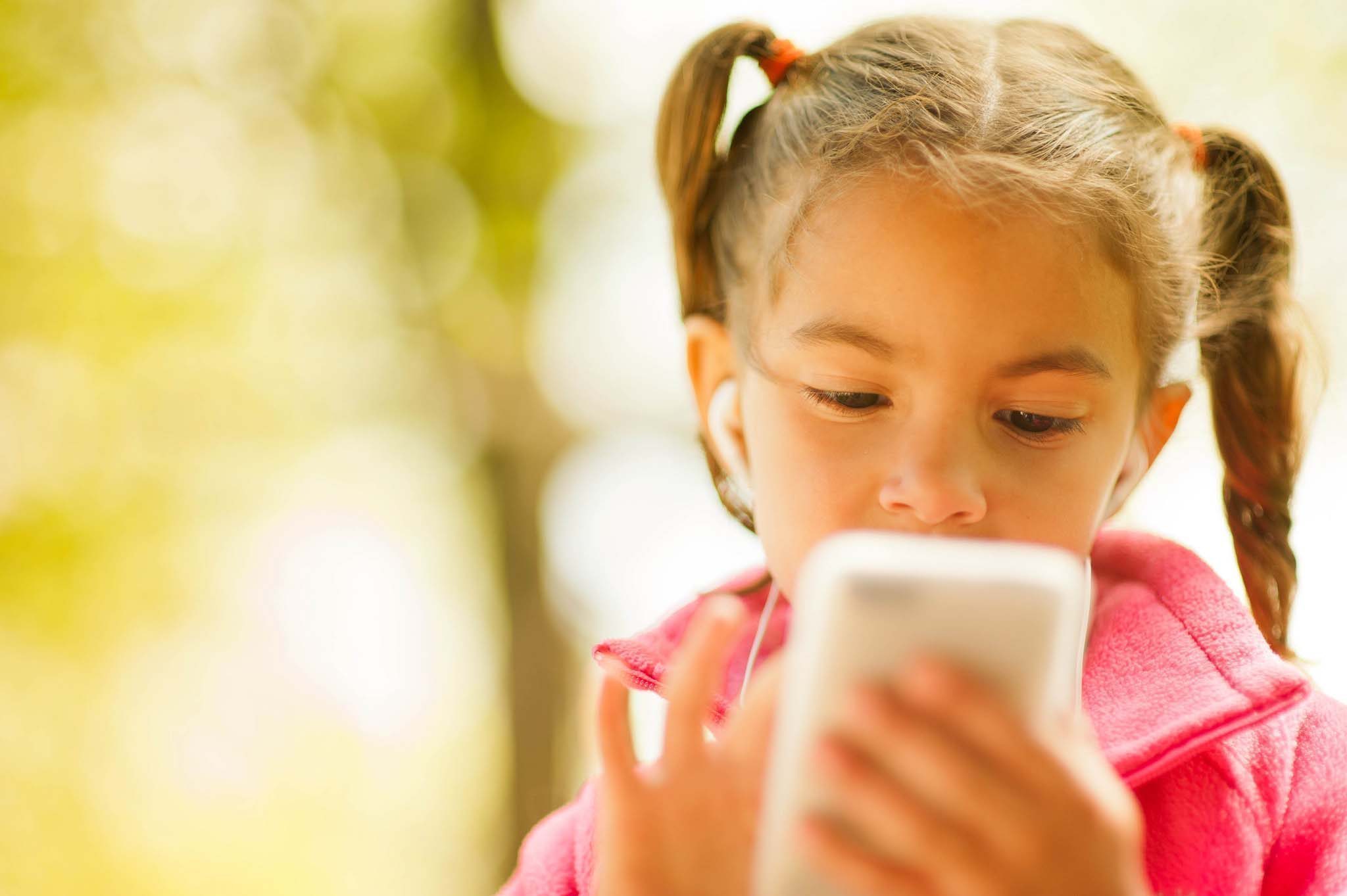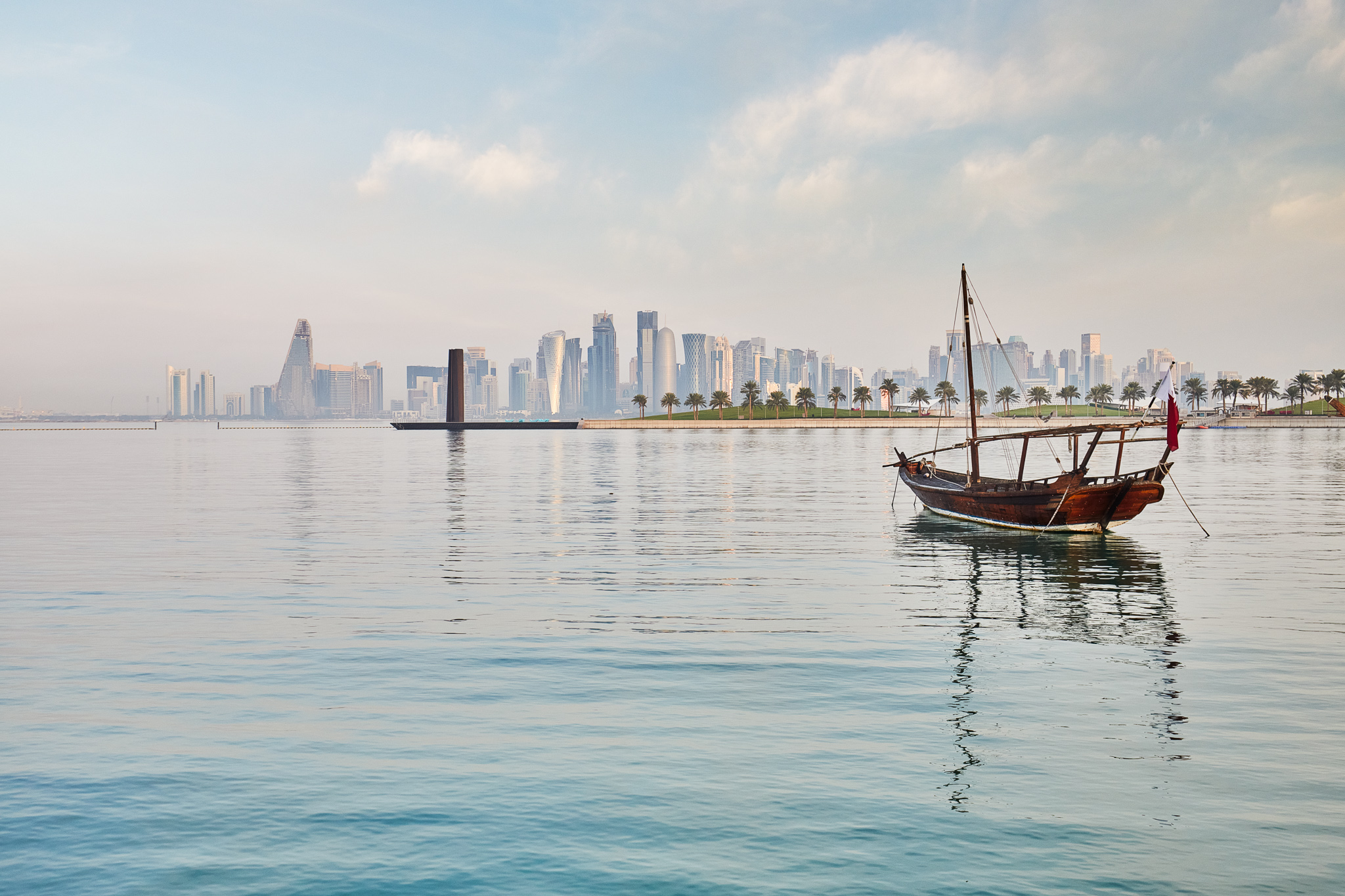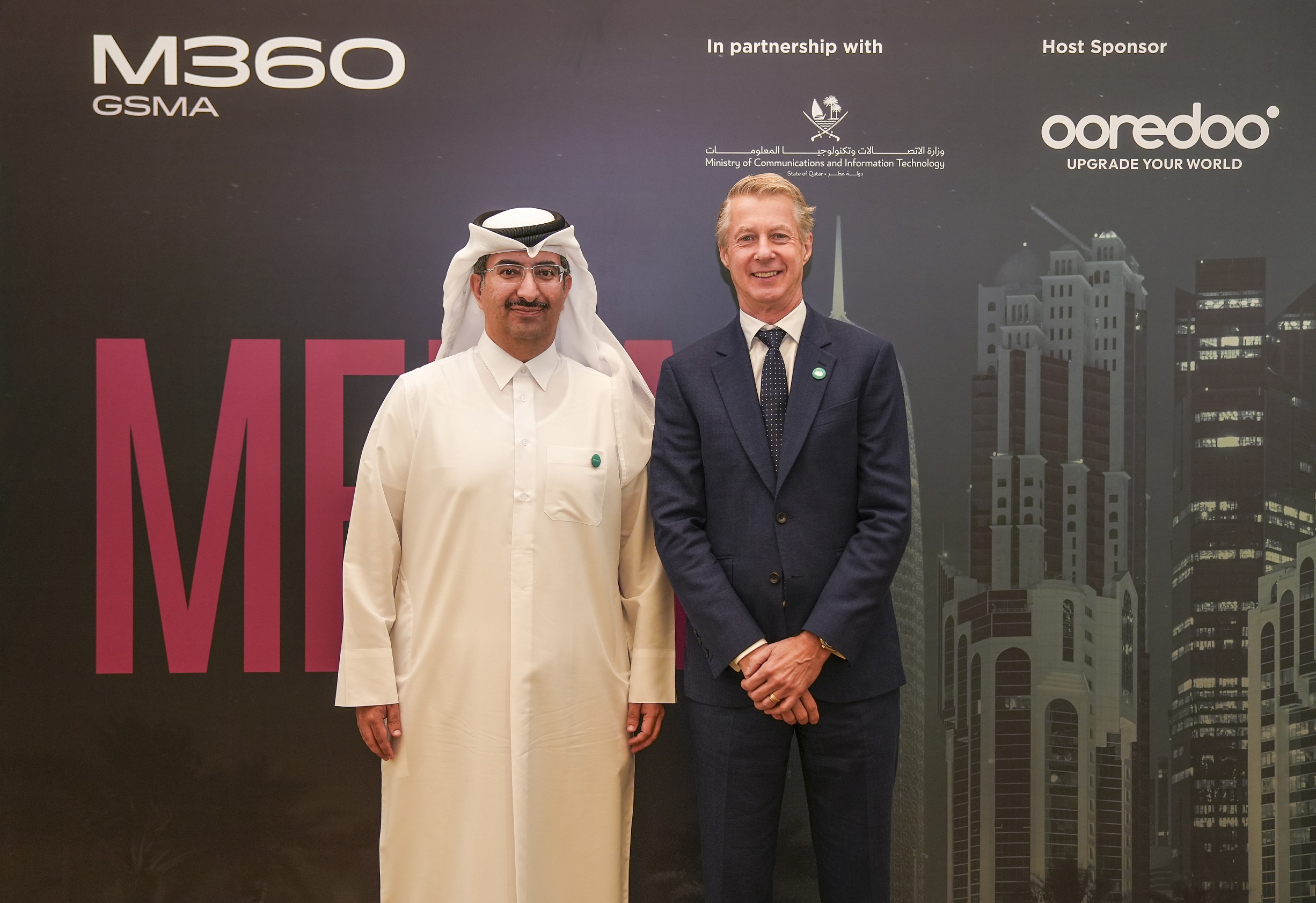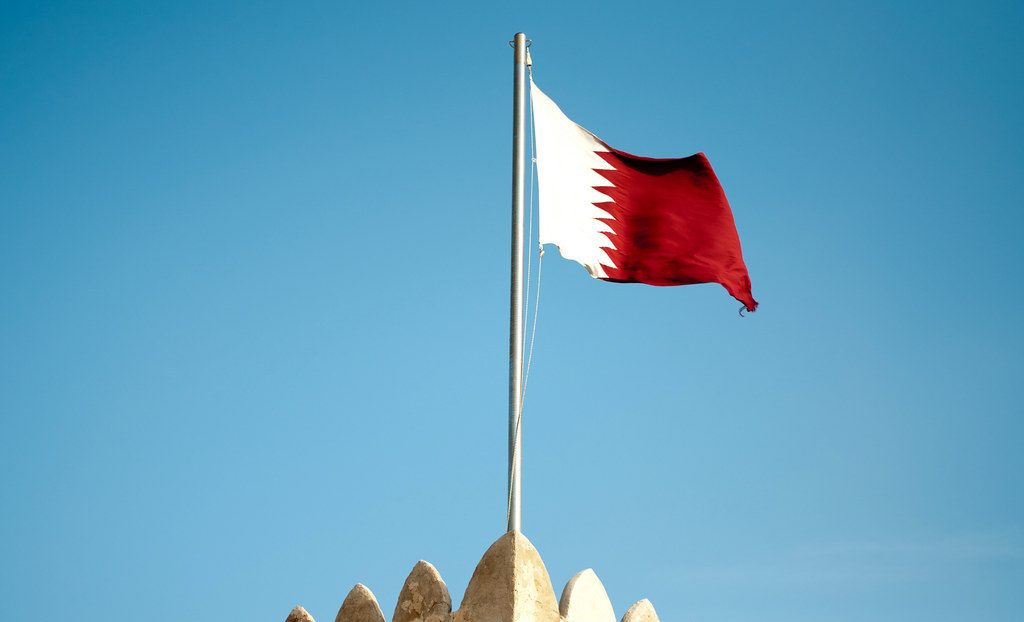
It’s hard for many people in Qatar to imagine a world without the internet, without instant access to troves of information at their fingertips or the ability to communicate with friends and family members at the touch of a button.
But that reality hasn’t always been the case. In this op-ed recently posted on LinkedIn and republished with permission, Dr. Hessa Al-Jaber – Qatar’s former minister of information and communication technology – discusses the disruption the internet has caused to traditional social values and how the complex challenges we now face can be overcome.
Recently discussing my trip to the US for my daughter’s graduation next May, I began thinking about my graduation ceremony at Kuwait University, which I missed because traveling back to attend was just too difficult with our limited resources.
Indeed, my generation grew up watching one hour of television a day – if the weather was clear and the electricity was working!

There was only one TV channel, so we all watched the same programs, read the same newspaper, went to the same school. Travel was rare – our national airline, Qatar Airways, didn’t exist then.
Most of our parents didn’t read or write, but our family networks were very strong, despite the absence of the social networks that are so abundant today.
Our bedtime stories were from our grandparents or old neighbors, and counting the stars was one of our favorite evening pastimes.
I had never heard the terms “vegetarian” or “gluten-free” when I was growing up and there were no fast-food restaurants. All our food was organic without us knowing it. Life was calmer, slower, and more steeped in our history and our oral traditions.

My daughter’s generation has come of age in an era when digital tools have made huge differences in the way they learn, the way they communicate, the way they experience the world around them.
More choice, more disruption
Technology has had a profound effect on her generation, business models have been modified, entire sectors have been displaced (music, press/media, banking), social relationships have been transformed, and some fundamental values have been challenged.
Their working life, their social life is tagged between their iPhone, their wearable devices and a door to information that opens infinite possibilities, and gives them more choices, but more disruption.

In some ways I often think that my generation has let my daughter’s generation down; we have left them a world that is much more vulnerable than the one we inherited from our own parents; we’ve given them a world of more threats and conflicts.
My generation had conflicts back then, but those of today are of a different kind. Instead of the straightforward wars of our generation, we’ve mixed things up and given her generation a war of cultures and of civilizations.
Critical thinking
In the midst of this digital age, and global connectivity fueling all of these conflicting ideas, her generation might start to feel lost. Values that seemed immutable have begun to shift. The sense of tradition that was once paramount in our region is less crucial to the way we work today.

People will start to give her generation advice on everything and they will soon learn that dedication and perseverance are no longer enough.
They will have to combine these two characteristics with a keen sense of insight to ensure that they will make a difference.
But where does this insight come from? I firmly believe that this insight comes from not outsourcing their thinking, their opinions and beliefs.
They should not let technology make their choices or further divide them, they should not filter sounds that they disagree with and listen only to those with whom they agree. This can lead to ideological intolerance.
My generation had limited options to access information, but we still had to think critically about the sources of this information and the extent of its credibility.
Today we are faced with a bombardment of misleading or inaccurate information.
We must develop the skills and ability to distinguish the credibility of this information, and we should be more tolerant and receptive to the views of others.
Development is a continuous process; every generation has to do its share to meet the challenges of their times. And I have complete confidence in my daughter’s generation to succeed in overcoming theirs.
Thoughts?







